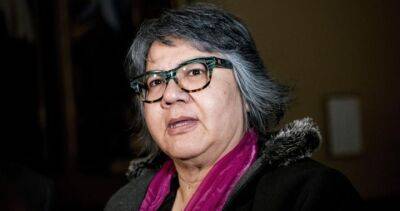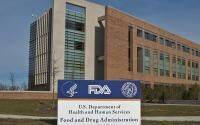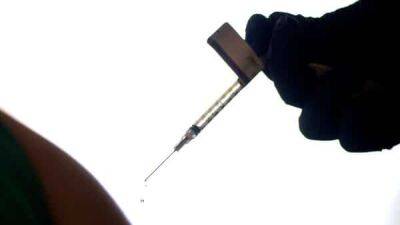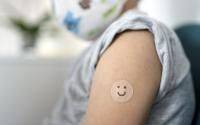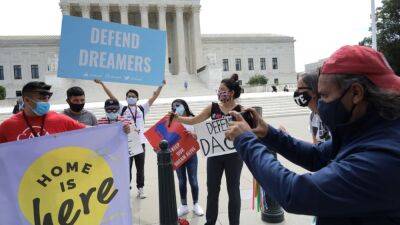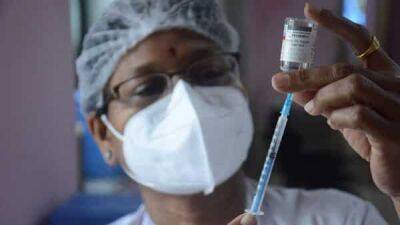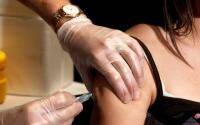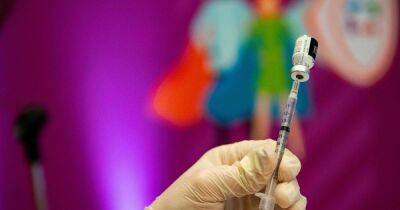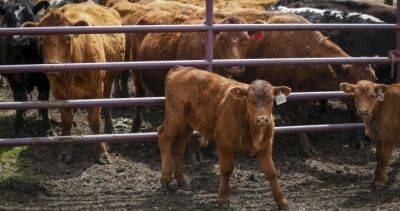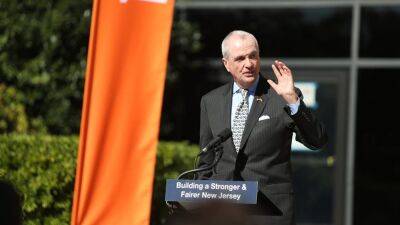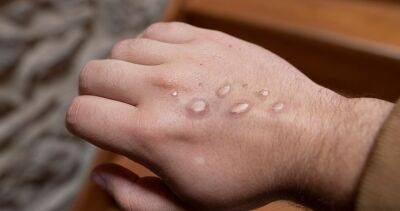ATAGI recommendations on first booster dose in adolescents aged 12-15 years
1-3 There is currently insufficient evidence that a first booster dose provides additional protection against severe disease for most children and adolescents in this age group.Adolescents aged 12-15 years who are at an increased risk of severe disease may receive a first booster dose From first principles, ATAGI have identified three groups of adolescents aged 12-15 years who may be at greater risk of severe disease from COVID-19 compared to their peers:A first booster dose of COVID-19 vaccine may offer additional protection against severe disease, noting the overall risk of admission to an intensive care unit and death in this age group remains very low.1-3 There have been no confirmed deaths from COVID-19 in Australian adolescents aged 12-15 years during the period of Omicron predominance.1,2 Most European and North American countries have also recorded no deaths except for England (1), Denmark (5), and the United States (17).3 These data reflect deaths in adolescents aged 12-15 years with concurrent SARS-CoV-2 since February 1, 2022, and do not necessarily attribute cause of death to COVID-19.Myocarditis following vaccination remains rare.
Data from the United States and Israel suggest the risk of myocarditis following a third dose of the Pfizer COVID-19 vaccine in male adolescents aged 12-15 years ranges from 1 in 11 000-58 000 doses.
This is probably lower than the rate after dose 2 and higher than the rate after dose 1.4-5 There have currently been no reports of myocarditis following a first booster dose in female adolescents aged 12-15 years.
Although female adolescents aged 12-15 years appear to have a lower risk of developing vaccine-associated myocarditis after any dose of the Pfizer COVID-19 vaccine compared.
Read more on health.gov.au




